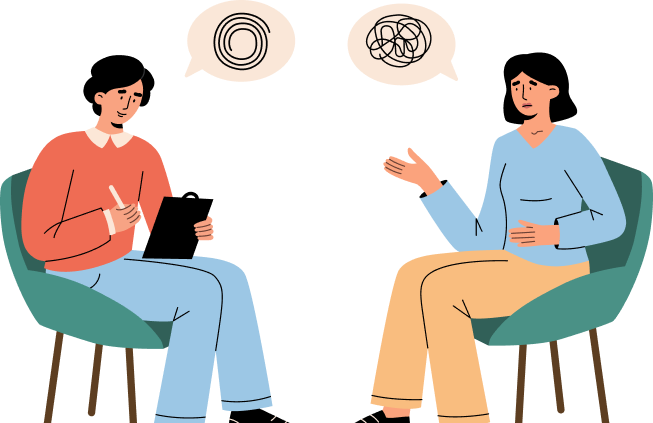More than 1 in 3 Australians are unhappy with how they look
Healthy Self-Esteem is a crucial aspect of mental health and can affect various areas of life.

More than 1 in 3 Australians are unhappy with how they look
Healthy Self-Esteem is a crucial aspect of mental health and can affect various areas of life.


Self-esteem is an individual’s perception of their worth and value as a person. It’s a crucial aspect of mental health and can affect various areas of life, such as relationships, career, and overall well-being. Developing and maintaining healthy self-esteem involves recognising one’s strengths and weaknesses, setting achievable goals, and practising self-care. Therapy can also be helpful in improving self-esteem by identifying and challenging negative thought patterns, developing coping skills, and improving self-awareness.
Guiding Light Psychology can help you build and maintain healthy self-esteem through evidence-based treatments, including cognitive-behavioural therapy. Our experienced clinicians are dedicated to providing compassionate, personalised care to support individuals in their journey towards improved self-esteem and overall well-being. With the help of a mental health professional, individuals can learn to cultivate a positive self-image and increase their overall quality of life.
You can easily get in touch with us by calling (02) 7252 3418 or by sending an email to info@guidinglightpsychology.com.au. Our friendly team is always ready to assist you with any questions or concerns you may have about our services.

What are some signs of low self-esteem?
-
Some signs of low self-esteem include negative self-talk, self-criticism, feelings of inadequacy, a lack of confidence, and avoiding challenges or new experiences. Individuals with low self-esteem may also have difficulty accepting compliments or feel uncomfortable receiving positive feedback.
How can I improve my self-esteem?
+
Improving self-esteem involves recognising negative thought patterns and challenging them with positive self-talk, setting achievable goals, practising self-care, and developing coping skills to manage stress and difficult situations. Therapy can also be helpful in improving self-esteem by identifying and addressing underlying issues that contribute to negative self-image.
Can self-esteem be too high?
+
While having healthy self-esteem is important, having excessively high self-esteem can lead to arrogance, narcissism, and an inflated sense of self-importance. It’s important to strike a balance between recognising one’s strengths and accomplishments without being overly boastful or disregarding the feelings of others. Therapy can be helpful in developing a realistic and healthy self-image.